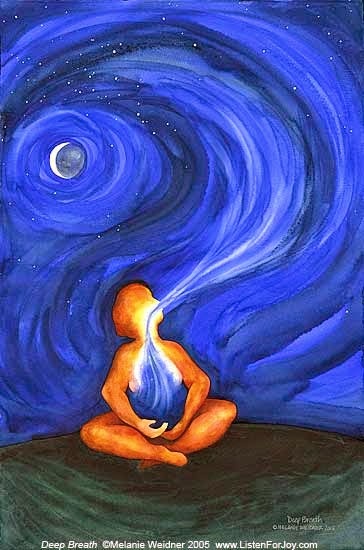Today is my birthday.
In thinking about the tremendous gift of this singular, precious life
that I enjoy, I’m filled with gratitude for the many people and events that
have created and nurtured this gift.
Like all of us, I owe an immeasurable debt to all that has massively
preceded and surrounded me to make “me” possible in every moment of my
existence; an immeasurable debt to that “all” that I name “God.”
Or do I?
What does it mean to owe such a debt? David Graeber has written a massive tome[1] exploring
that question and why this sense of gratitude is framed in terms of owing a
debt. He quotes from the Brahmanas:
In being born every
being is born as debt owed to the gods, the saints, the Fathers, and to
men. If one makes a sacrifice, it is because
of a debt owing to the gods from birth . . . If one recites a sacred text, it
is because of a debt owing to the saints . . . If one wishes for offspring, it
is because of a debt due to the fathers from birth . . . And if one gives
hospitality, it is because it is a debt owing to men. – Satapatha Brahmana 1.7.12, 1-6 (Graeber,
p. 43).
Graeber notes that this Indian text is written between 500
and 400 BCE – around the time of Socrates.
This is about the time that a commercial economy and institutions liked
coined money and interest-bearing loans are becoming commonplace features of
ordinary life. The intellectual classes
in all of the Axial Age civilizations are grappling with the implications: “What does it mean to imagine our
responsibilities as debts? To whom do we
owe our existence” (Graeber, p. 67)?
In commenting on this Indian text, Graeber offers a
contemporary formulation. “We owe our
existence above all:
- · To the universe, cosmic forces . . . The ground of our existence. To be repaid through ritual: ritual being an act of respect and recognition to all that beside which we are small.
- · To those who have created the knowledge and cultural accomplishments that we value most, that give our existence its form, its meaning, but also its shape . . . We repay them by becoming learned ourselves and contributing to human knowledge and human culture.
- · To our parents, and their parents – our ancestors. We repay them by becoming ancestors.
- · To humanity as a whole. We repay them by generosity to strangers, by maintaining that basic communistic ground of sociality that makes human relations, and hence life, possible” (Graeber, p. 67).
Commercial transactions imply both equality and separation
for purposes of the exchange. But the
examples given in the Brahmanas are about overcoming separation: becoming a sage, becoming an ancestor, acting
with humanity to become human – thereby canceling any notion of “debt.” Second, one cannot bargain with the gods
because they already have everything, or with the universe because it is
everything – including me.
The list of primordial debts actually undermines the idea of
debt, by showing that one is in fact not separate to begin with, but rather a
part of the whole. One is in no way
equal to “God” or the universe and therefore has no place from which to gain
any leverage in a transaction of any kind.
Perhaps the point in enumerating this list of primordial debts is
actually to recognize that it is utter presumption to seek to achieve a
separate, autonomous existence from which I can bargain with “God” or cancel my
obligations to others by paying a debt.
It isn’t just that the debt cannot be repaid, but that they very idea of
being able to stand over and against the rest of reality, such that I would be
in a position to negotiate a transaction that would settle my responsibilities
once and for all, is absurd.
As Graeber puts it, “Our guilt is not due to the fact that
we cannot repay our debt to the universe.
Our guilt is the presumption in thinking of ourselves as being in any
sense equivalent to Everything Else that Exists or Has Ever Existed, so as to
be able to conceive of such a debt in the first place” (Graeber, p. 68).
I wonder if the New Testament language of Jesus’ death and
resurrection being a ransom setting us free from slavery (the ultimate form of
indebtedness) doesn’t operate in a similarly paradoxical fashion: Jesus cancels our “debt” to demonstrate the
absurdity of our thinking we are separate from God and one another in the first
place. There is no debt. There is only gift. Do we have eyes to see it? Will we respond with gratitude? Or will we remain locked in futile attempts
to pay a primordial debt?
Life isn’t all debt.
It is all gift. And that is
something else entirely. I don’t wish to
pay a debt so as to cancel a relationship (or have it paid for me). I wish to share the gift so as to deepen the
relationship with everyone and everything.
The Kingdom of God as cosmic debt cancellation policy: I’m down with that!

No comments:
Post a Comment